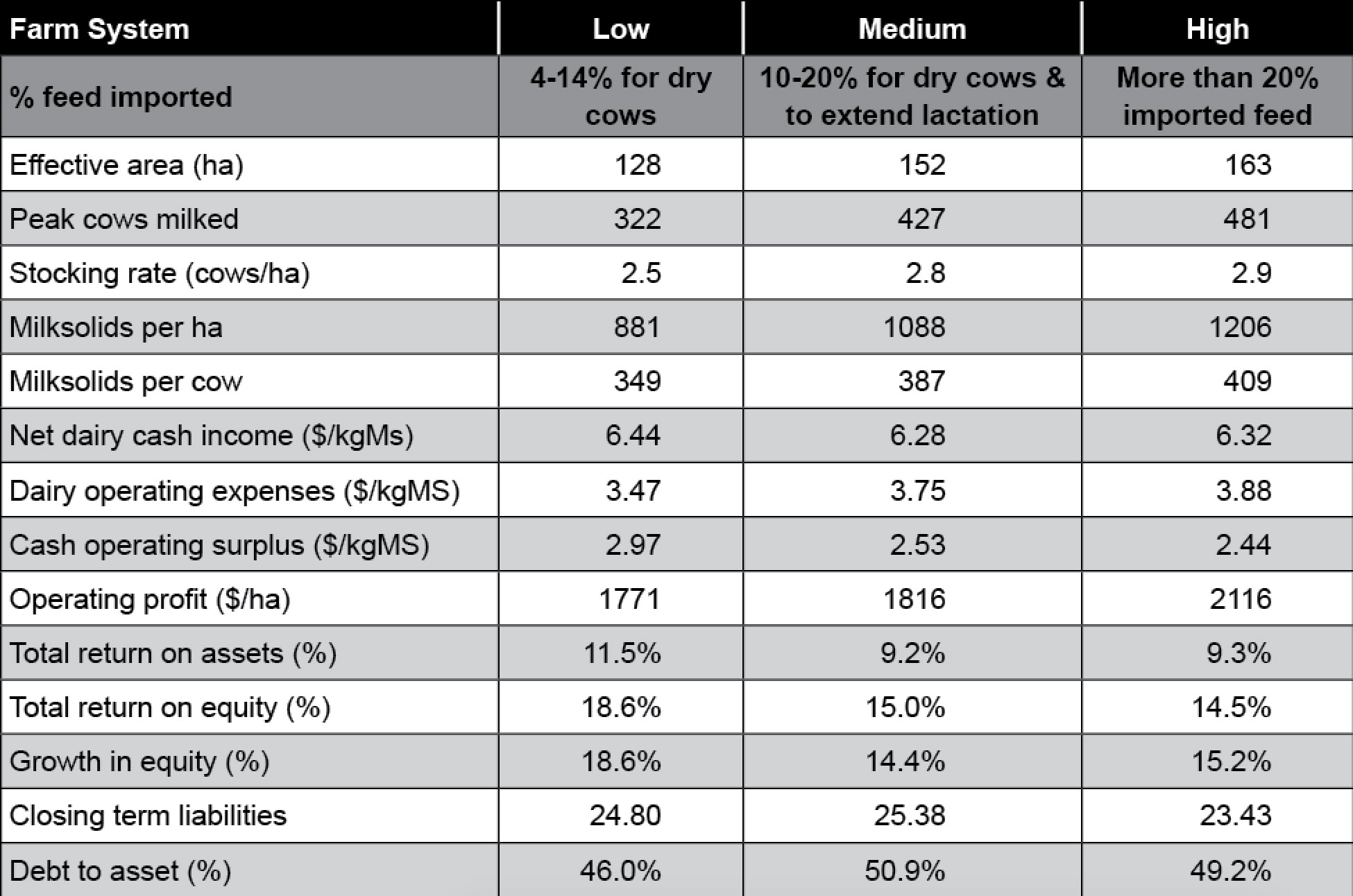DairyNZ opens applications for associate director role
DairyNZ is giving New Zealand farmers a unique opportunity to gain hands-on governance and leadership experience within the dairy sector.
Last month saw the annual release of the DairyNZ Economic Farm Survey and the NZ Dairy Statistics.
These fascinating documents contain a wealth of data on the average physical and financial performance of 316 randomly selected owner-operator herds during the 2016-17 production season.
Several things stand out in the survey, the main one being how well farm profit and return on asset have recovered after the previous season’s very low payout.
During the 2016-17 season, on average, farmers received $5.79/kgMS for their milk. As a result of the tough previous season, farmers have learned how vital cost control is and despite a 48% lift in payout there was virtually no lift in farm working expenses/kgMS.
Some commentators may be tempted to use the last two season’s data to push to de-intensify dairy farms, saying that high input farms are less profitable than lower input farms. However, such a conclusion would deny the long-term results of the survey.

An analysis of the past twelve seasons (Table 2) shows that on average, high input systems made more money, had the highest return on assets and now also have the lowest closing term liability/kgMS.
 The data is quite clear. Over the last 12 years, on average, high input systems have made the most profit/ha, have had the best return on assets and equity, have had the best growth in equity and are less financially risky in terms of their closing liabilities/kg milksolids.
The data is quite clear. Over the last 12 years, on average, high input systems have made the most profit/ha, have had the best return on assets and equity, have had the best growth in equity and are less financially risky in terms of their closing liabilities/kg milksolids.
Intensification is not wrecking the profitability of NZ dairy systems. And going on the previous 12 seasons’ figures, I predict that this season’s payout will reinforce the decision many farmers have made to intensify, i.e. their decision was correct.
However, as we now know, profitability is not the only issue farmers are facing.
In next month’s column I hope to cover things that farmers can do practically to reduce their environmental and biosecurity risks.
• Ian Williams is a Pioneer forage specialist. Contact him at This email address is being protected from spambots. You need JavaScript enabled to view it.
The World Wide Sires National All Day Breeds Best Youth Camp Best All Rounder plaudit has become family affair, with 2026 Paramount Cup winner Holly Williams following in her sister Zara's footsteps.
DairyNZ is giving New Zealand farmers a unique opportunity to gain hands-on governance and leadership experience within the dairy sector.
Herd improvement company LIC has posted a 5.2% lift in half-year revenue, thanks to increasing demand for genetics.
According to the latest Fresh Produce Trend Report from United Fresh, 2026 will be a year where fruit and vegetables are shaped by cost pressures, rapid digital adoption, and a renewed focus on wellbeing at home.
The Roar is a highlight of the game hunting calendar in New Zealand, with thousands of hunters set to head for the hills to hunt male stags during March and April.
OPINION: The past few weeks have been tough on farms across the North Island: floods and storms have caused damage and disruption to families and businesses.